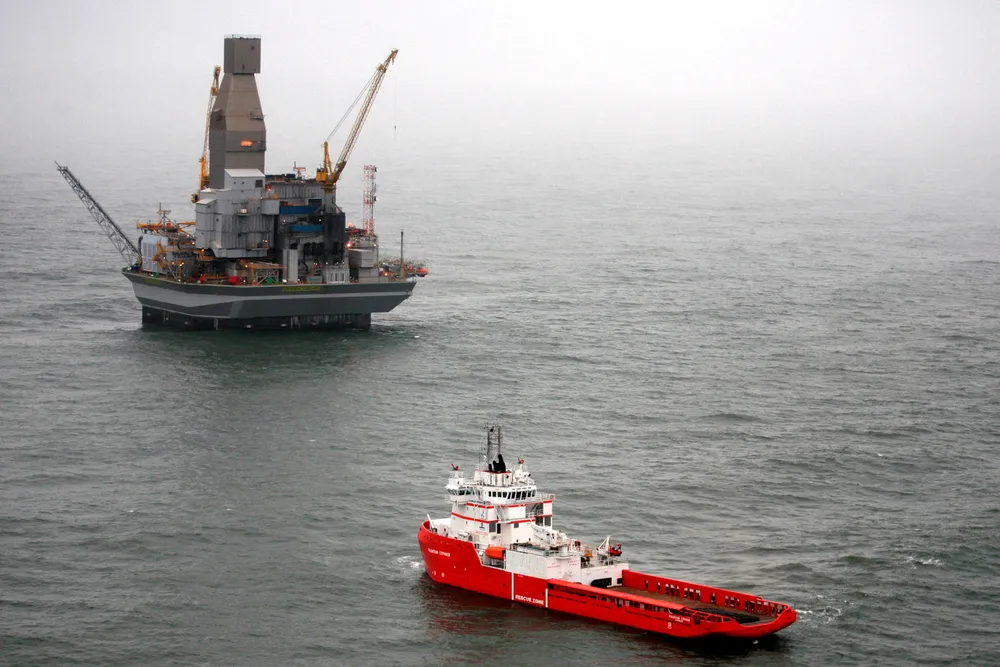Russian hopes raised for revival of Sakhalin 1 development
Production at export-oriented project is recovering slowly following disruption relating to international sanctions

Production at export-oriented project is recovering slowly following disruption relating to international sanctions
